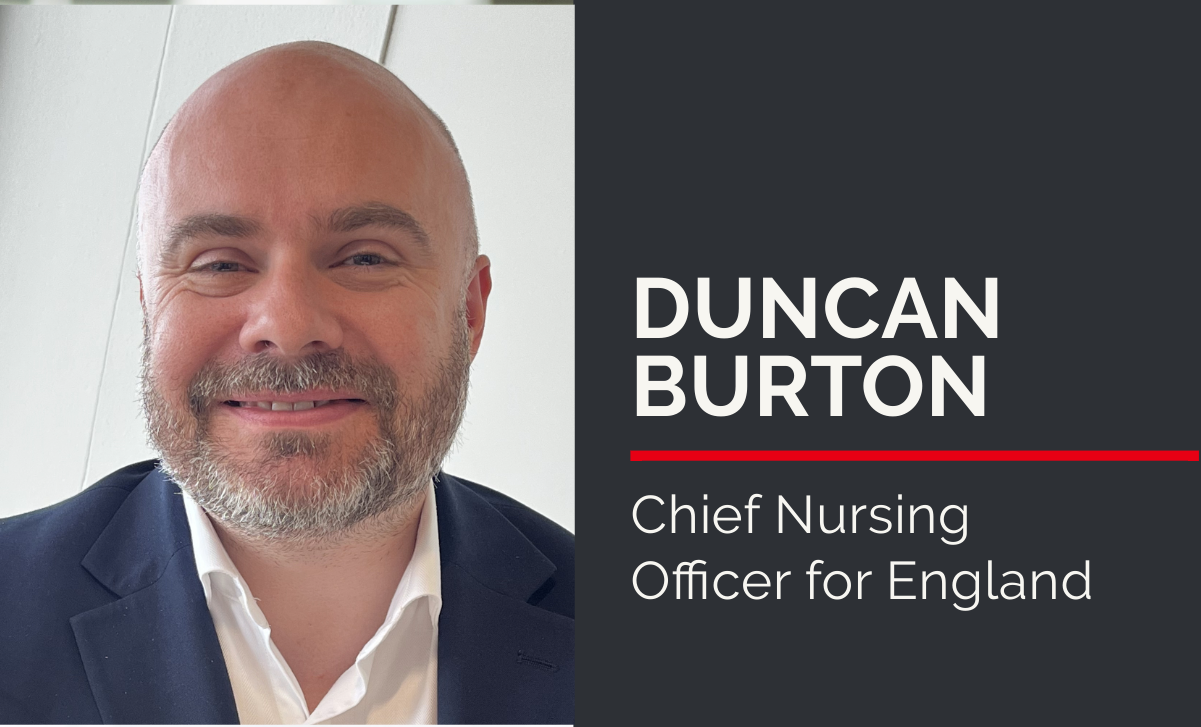One in ten EPS pharmacies scanning all barcodes
- 29 April 2008
Only 11% of pharmacies enabled for the Electronic Prescription Service are scanning every barcode prescription with problems including slow download speeds, the barcodes themselves being too faint to scan and slow log-in times, according to a survey.
A total of 365 pharmacies took part in a survey, carried out jointly by the Pharmaceutical Services Negotiating Committee and the National Pharmacy Association, during January and February this year.
The survey found that although 80% of respondents were enabled for release one of EPS only just half of those (56%) were scanning prescriptions and only 11% were scanning every barcoded prescription.
The PSNC and NPA said the survey revealed that many pharmacies were experiencing problems with the EPS. Some pharmacies reported download speeds of five seconds but 72% of respondents reported an average prescription download time of more than 20 seconds.
Other problems included barcodes being too faint to scan, delays in logging in with smartcards, dosage instructions that needed to be edited, lack of training from suppliers and lack of support from PCTs including delays in authorising the EPS ongoing allowance.
Lindsay McClure, head of information services at the PSNC, said the survey results showed differences between pharmacy systems in terms of download speeds and perceived levels of customer support.
She added: “Almost 50 per cent of the EPS-enabled pharmacies surveyed felt that there would have been more benefits with EPS if their supplier had configured the system in a different way. It is essential that pharmacy contractors are providing feedback to suppliers, not only on problems, but also with preferences around system design.”
The NPA and PSNC say the survey also found that pharmacists were concerned about low use of the EPS by GPs with 64% of respondents reporting that less than one in five prescriptions received were generated using the EPS. The two organisations said low usage of the system by GPs prevented pharmacies building up experience with the EPS and fully testing the system’s capability.
They also say the survey found some pharmacies had got the EPS working for them and were incorporating it into their normal practice. A quarter of respondents reported operational benefits with 26% saying that the dispensing process is the same speed or quicker using EPS. A commonly reported benefit was the efficient processing of prescriptions for new patients.
Gareth Jones, NHS liaison manager at the NPA, said the survey showed EPS can be made to work. However, he added: “Where problems are identified, it is essential that pharmacies take time to report these to their suppliers so that problems can be investigated and solutions found.
“If a problem is not resolved in a timely manner, the pharmacy contractor should provide full details, including the helpdesk reference, to their PCT EPS lead, who can escalate this to NHS Connecting for Health.”
The PSNC and the NPA say they are working with Connecting for Heath to produce a problem-solving guide to help pharmacists deal with common issues with the EPS.
The two organisations are also urging pharmacists who are not yet enabled for release one to contact their chosen system supplier and make arrangements to upgrade to EPS release one.
Release two of EPS, which CfH says will bring greater benefits to patients, GPs and pharmacists, is due to be launched in initial implementation sites this summerafter a six month delay. No pharmacy system supplier has yet to receive technical accreditation for release two.




